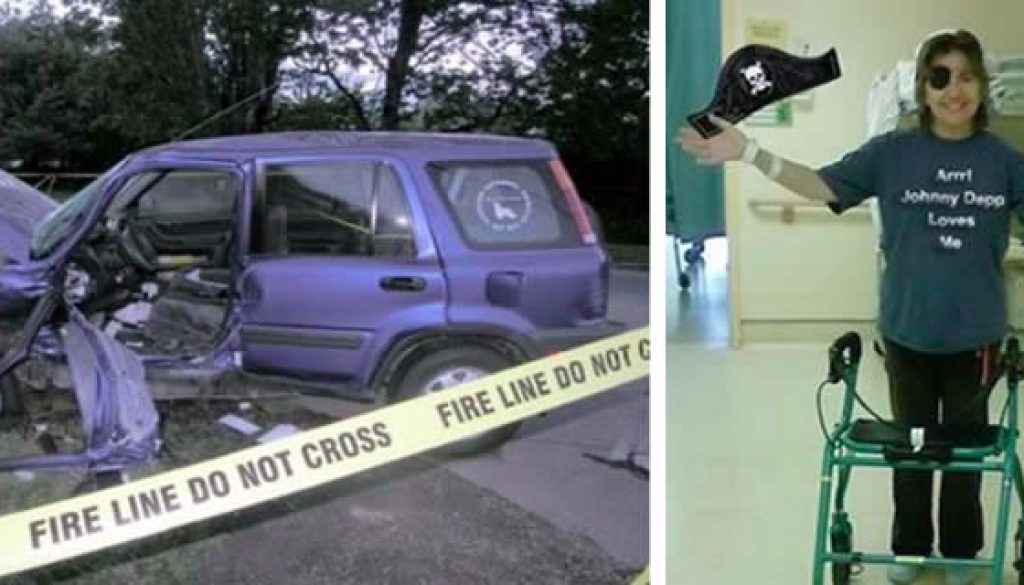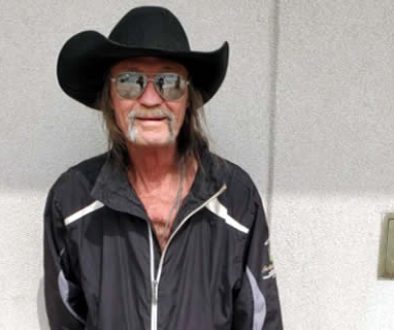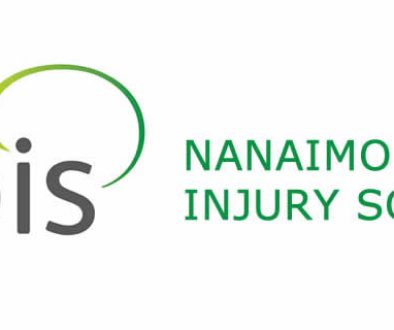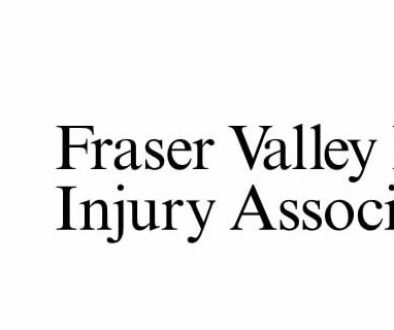The Journey to Healing by Carol Jackson
“An off duty fireman and an off duty respiratory therapist kept me alive.”
Interviewed and written by Ovey Yeung. Edited and formatted by the Brain Injury Alliance.
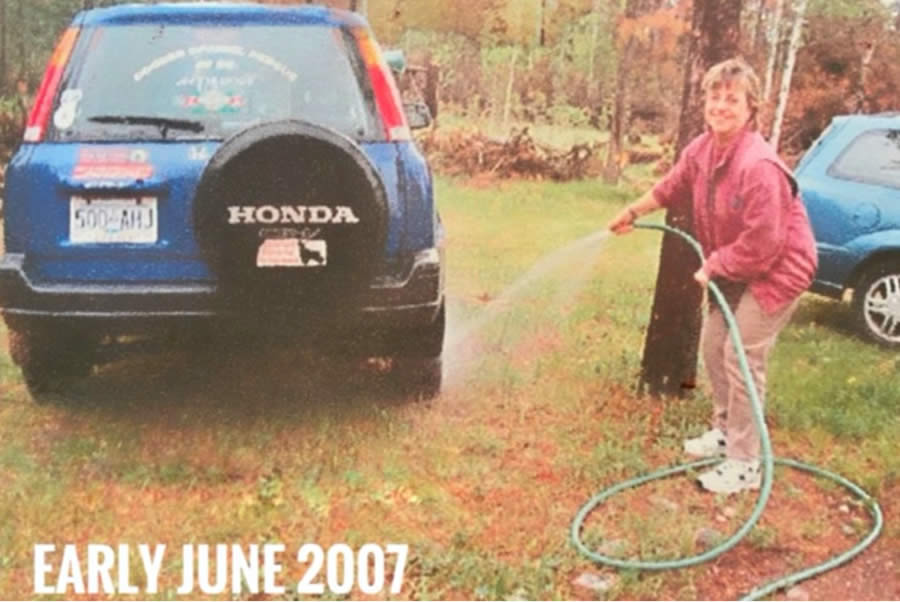
Can you tell me a little bit about yourself?
I grew up in West Vancouver and went to Hillside Secondary. I am the youngest of five. After being a Registered Nurse for 38 years (almost 25 years at St. Paul’s Hospital and 14 years at the NurseLine) I retired in 2018. I have been [living] in Cloverdale since 1992 and moved from my house into a townhouse, 5-minutes away, in 2014. I love training and trialing with my dogs. I currently have two American Cocker Spaniels: an 8-year-old male and a new 2.5-year-old female.
Then what happened?
It was June 29, 2007. I was driving home from work from the NurseLine, just after 7:00 PM, when I was t-boned at a 4-way stop not far from where I lived. Months later I was told that there were an off duty fireman and an off duty respiratory therapist at the scene who kept me alive. I was airlifted to a hospital – that was my first helicopter ride. I had four fractures in my pelvis and was unconscious from a traumatic brain injury (TBI).
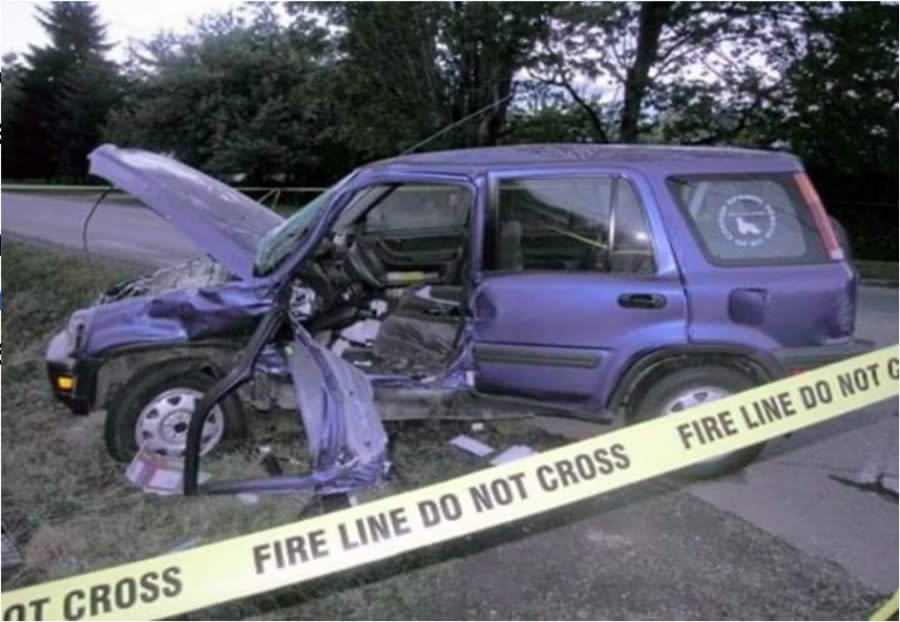
I spent 1.5 months at Royal Columbia Hospital (RCH) all on bed rest. I was unconscious from the traumatic brain injury (TBI) for 3 days and then transferred out of the ICU on day 5. While I was in the ICU the doctors obtained x-rays and MRIs of my head. At my request, I was transferred from RCH to Langley Memorial Hospital (LMH) to be closer to my GP. I spent another month at LMH going through rehabilitation. I graduated from bed, to wheelchair, to a walker with wheels as I had to learn how to walk again. I also suffered double vision because of nerve damage.
What resources did you have and how did you find them?
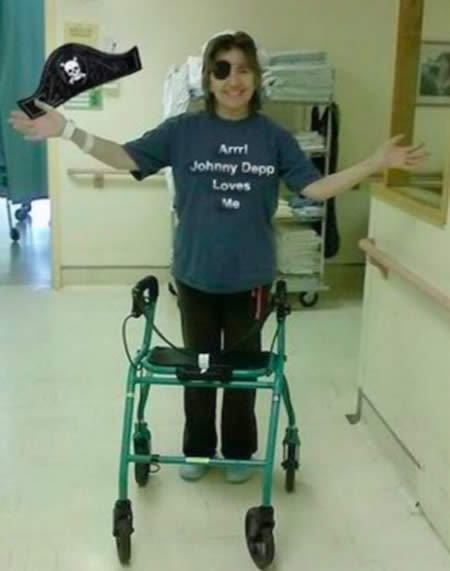
finally weight bear. – Carol Jackson
I was aware of the Fraser Valley Association early on but I lived out in Surrey and wasn’t in their region. I did however join their photography club and have enjoyed going out for coffee chats.
Other than that, I can’t remember. I just Googled the physiotherapy office closest to me and checked reviews. Twin Rinks had the best program so I registered on my own. It was easy.
A few weeks after being home from the hospital, September 2007, I started rehabilitation at Twin Rinks along with Physiotherapy and had an occupational therapist come to me home on a regular basis.
Oh, I forgot to tell you something about my pelvic fractures. As nerves run through openings in the pelvis, I had some damage to them causing numbness in my fingers and lower limbs – my ring finger and pinkies on both sides and the soles of my feet. It is minor now and often I am not aware of it.
How are you doing now?
It’s harder to learn something because I have a hard time with retention, so I did take a photography course twice as it helped me better retain the information. My husband (at the time) had picked up my pre-ordered JK Rowling’s “Deathly Hallows” book for me while I was in Langley Hospital. I found it hard to read because of my double vision and attention span. I picked up the book about five years later and read it again as if I have never read it before (like a brand new book). I didn’t remember reading it.
“I used to be able to speak in front of groups of people very comfortably, but ever since the incident I feel insecure and uncomfortable.”
Once I was cleared by my doctor and physiotherapist, I went back to work. It was a year later in July 2008. I so desperately wanted to do 8-hour shifts, knowing I could never go back to 12-hour shifts, but I found that I was exhausted and wasn’t getting a good night’s sleep. I eventually started to work two 6-hour shifts a week.
“Fatigue is mainly what I struggle with … every day now.”
I have central sleep apnea (often happens during stroke or head injury) and the result is that I always feel jet-lagged all the time. I do get between 7-8 hours of sleep but often wake up feeling very ‘jetlagged’. Because of this, I lose about 8-9 days of work per year. Once I was retired, I was able to get CBD oil and THC oil which has helped that jet lagged feeling. I am able to do more things per day as opposed to 1-2 per day. Chances of future dementia is a little bit greater (even though none in my family has it) so I do a lot of brain games, word things, words with friends, scrabble, and more. Anything to get me thinking!
What is the one thing you would tell someone who knows nothing about ABI or just starting to learn about brain injuries?
Brain injuries are very different in each individual. We all have different issues that we deal with every day. It is one of those invisible disabilities.
What would you have liked to do without the brain injury?

the National in Oregon. – Carol Jackson
If I did not have a brain injury, I would have been able to retire earlier as I was working full time.
How do you feel these days?
I am a photographer and have been doing this since 2011. I like to call my photography eclectic as I shoot many different subjects, other than people. I love training my dogs. I like to keep them busy doing the things that they love. One loves tracking and the other loves scent detection. I do stick around home more now as long-distance travel is hard on me. I do drive five hours to the [BC] Interior once or twice a year but that is the most I can do. If I fly somewhere, a 5- to 6-hour flight is about all I can do which is perfect as Maui takes about that long to get to.
Last comments?
How am I now? I am happy and thankful I wasn’t left with other deficits as well as pain or headaches like others are having to endure.

